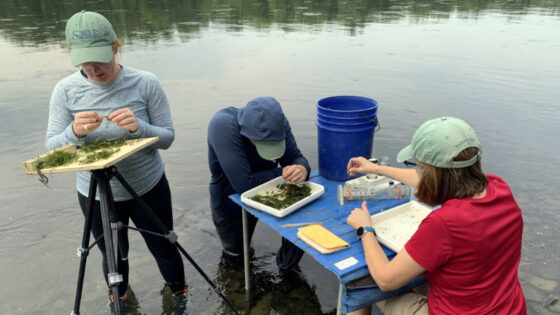Ghosh S., et al. 1997. Genome Research 7:165–178.
Abstract
Large-scale genotyping is required to generate dense identity-by-descent maps to map genes for human complex disease. In some studies the number of genotypes needed can approach or even exceed 1 million. Generally, linkage and linkage disequilibrium analyses depend on clear allele identification and subsequent allele frequency estimation. Accurate grouping or categorization of each allele in the sample (allele calling or binning) is therefore an absolute requirement. Hence, a genotyping system that can reliably achieve this is necessary. In the case of affected sib-pair analysis without parents, the need for accurate allele calling is even more critical. We describe methods that permit precise sizing of alleles across multiple gels using the fluorescence-based, Applied Biosystems (ABI) genotyping technology and discuss ways to reduce genotyping error rates. Using database utilities, we show how to minimize intergel allele size variation, to combine data effectively from different models of ABI sequencing machines, and automatically bin alleles. The final data can then be converted into a format ready for analysis by statistical genetic packages such as MENDEL.



